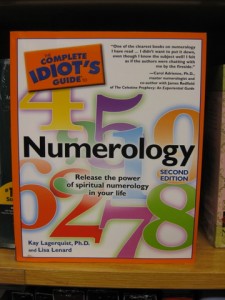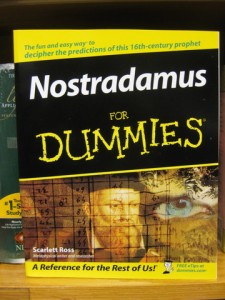When I was a teenager, I sometimes got annoyed hearing people getting all excited when they talked with their children about the Disney characters Mickey Mouse or Donald Duck. I thought this was strange, because very few people could tell me anything at all about the personalities of these cartoon characters, other than what they looked like. In fact, I had seen a few old cartoons involving Donald and Mickey, and many of them left me unimpressed, bored or disturbed. Donald often flew off in a fit of anger. Not always, but often enough. Mickey didn't have the anger problem of Donald, but people who "loved" him usually couldn't tell me anything about him other than that he appeared in some cartoons, including "Steamboat Willie." Is he an exemplary character? Very few of the people who love him seem to care. I see the same phenomenon today.
Tonight, I ran across this especially disturbing cartoon of Donald Duck, probably not one that you'll see featured at Disneyland. I can hear it now . . . "Hey, kids, look! There's a funny cartoon where Donald Duck commits MURDER!" I'm sure that most people don't care that Donald committed murder. They "love" him no matter what he has done.
This cartoon goes to show you that people can think that they love a character without knowing anything at all about that character. We are really good at projecting, filling a knowledge void with good things (or bad things) about a character, a movie star or even a God. Case in point is Jesus, whom many people claim to know or love yet they know so very little about him. Or think of the people who insist that God loves us, yet they aren't interested in knowing about the many genocides committed by the God of the OT. Or consider a more modern example of a person who many people "love" or "admire" without knowing anything about her: Sarah Palin, who I've previously compared to "Helly Kitty." It turns out that many modern corporate characters are intentionally left empty, allowing the public to drum up their personalities in their imagination.


